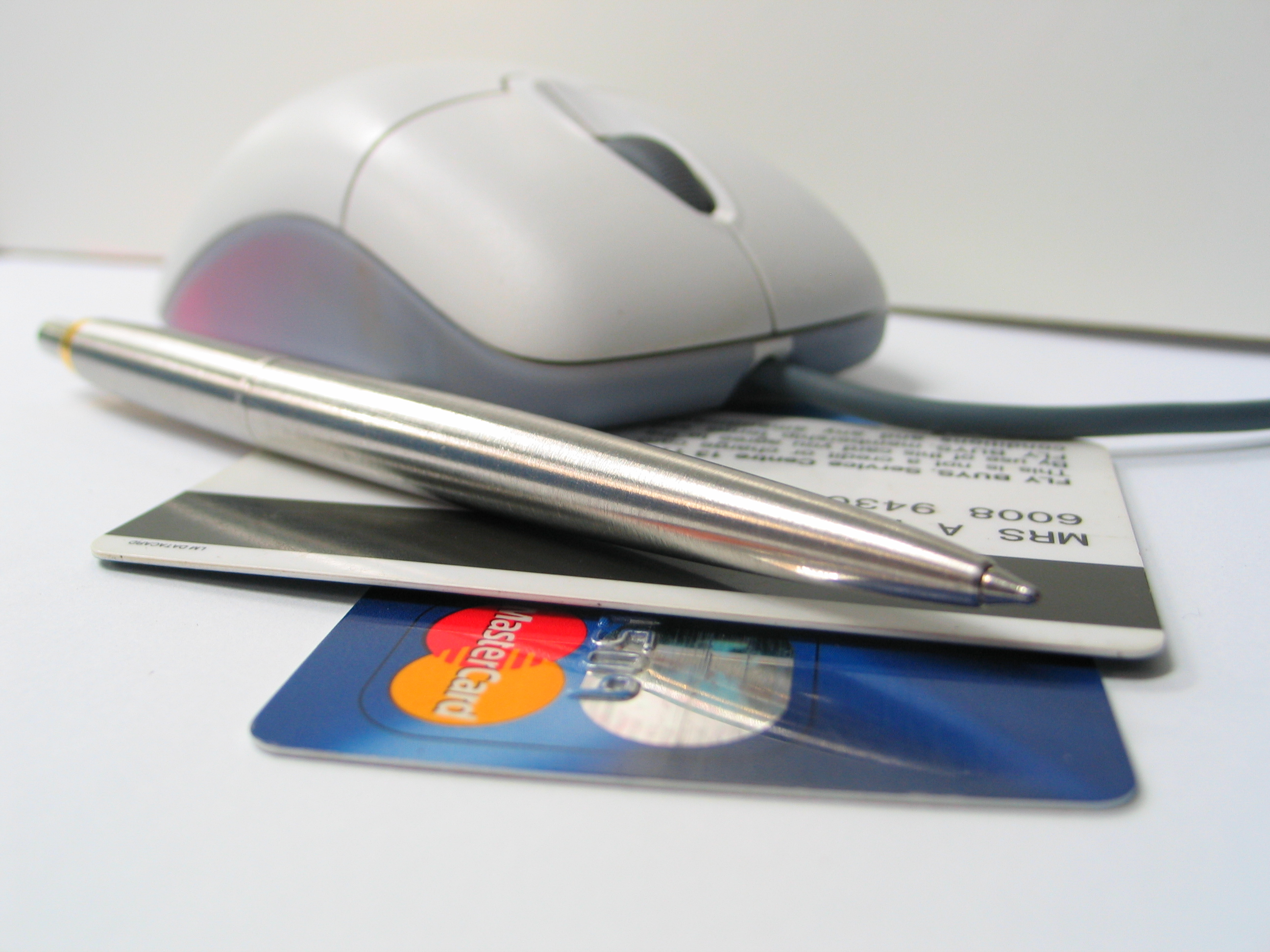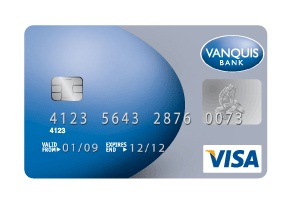Credit Cards and How To Use Them

Love them or loathe them, it's almost impossible these days to get by without plastic. However there are many different types of credit card and not every kind of card is suited to individuals . . . some even claim to be credit cards when strictly speaking, they're not!
Sadly the convenience of cards, coupled with the increasing financial pressure everybody is under, makes it very easy to get into unhealthy spending habits with credit cards - as well as being stressful having to manage debts and fend of creditor demands for repayments, this can have knock-on effects for a person's credit rating. A poor credit rating will affect the success rate of your application for other types of credit, and may make acceptance for large loans (such as mortgages) impossible, or relegate you to higher interest (and ultimately more expensive) loans.
So, to kick things off, here is some simple, practical and no-nonsense advice on using your plastic!
Dos and Don'ts of Credit Cards
It's not a bad thing to have a credit card. In addition to providing an little extra flexbility if you need to purchase items, large purchases on credit cards (over £100, usually) attract additional insurance from the card provider. So if you have a dispute over the goods or services purchased you can claim that sum back from the provider.
Many cards offer additional benefits on purchases, such as reward points, vouchers, air miles or cash back. If a card provider offers a reward system for a service or product you use regularly, then regular purchases can provide you with a nice extra benefit.
Regular card purchases and payments also creae a "credit footprint" which helps agencies identify you and esxtablish a record of your track record on credit. Sometimes not having a record (sucvh as being new to the UK) can be a hindrance if you need to get credit - cards can be a good way to establish a credit history provided they are used sensibly.
With this in mind:
1. Don't have too many credit cards
Every card that you use will need to be repaid, with multiple cards this payment obligation rises steeply and for most people who have problems with credit card debt, having too many cards is usually one of the problems.
What can be done?
Try to consolidate card repayemnts onto a single card, ideally with the lowest interest rates. Some products have 0% balance transfer windows, which gives you a chance to pay off the balance and not accrue further interest. Cancel and destroy any cards you do not need or use regularly.
2. Don't keep making minimum repayments
Credit cards usually won't cost you anything extra if you pay off the balance each month. Minimum purchase payments however will only remove the balance at a slow rate and also attract interest from the card provider, costing you more in the long term.
What can be done?
If you cannot pay off an outstanding balance in full, you should at least try to over-pay the minimum amount. This will reduce the outstanding amoutn faster and also send positive signals to credit agencies that you are managing your debts.
3. Do shop around - Be wary of interest rates (APR)
Some cards that offer bonus features (especially store credit cards) have especially high APRs. Failing to make a full repayment on these will attract a large interest repayment on the monthly bill. Cards with higher APRs are usually designed for those with bad credit records or problems with credit acceptance.
What can be done?
If you are cutting down your credit card portfolio, start with the higher APR (more expensive to repay) cards first. If you are not in a sub-prime credit situation, then you shouldn't be paying 30% interest on card credit - use a comparison site to shop around for more competitive offers.
4. Do keep track of what you spend
Credit cards suffer from an "out of sight, out of mind" approach and it's easy to overspend unless you are keeping track of purchases. As well as spending (and having to repay) more than intended, this can also lead to credit limits being exceeded which usually attracts penalty payments from the lender.
What can be done?
Keep track of what you sepnd each month, and what your balance is if you make partial repayments. Sign up for an online account service so you can easily monitor where you are with your balance, and alter your spending habits accordingly if you are near your account limit or ability to make repayments.
5. Do keep in touch with your lender
If you are facing credit difficulties or know you will have problems with repayments, then contact your card provider and let them know. They would much rather have you seek out a compromise payment solution than leave the accoutn to fall into arrears - it shows you are taking action to address the situation.
What can be done?
Most creditors will arrange a repayment plan, and you may be able to get some additional help if you are unable to repay your loans. More advice on dealing with debt is available on Direct.gov, Debtline and the Citizens Advice Bureau
6. Don't use your credit card for gambling or alcohol
The credit agencies also pay attention to what you buy: using card purchases for gambling or alcohol (even if it's for lottery tickets) raises a warning flag about potentially unhealthy or addictive patterns of spending. Very Big Brother, but similar to an insurance comany, they aren't going to approve credit for people who may get into repayment difficulties.
What can be done?
If this applies to you, use cash!
